Tangerine Dreams is an honest look at the many lives across the British isles and the different communities who call it home – the same communities affected by the current hostile environment
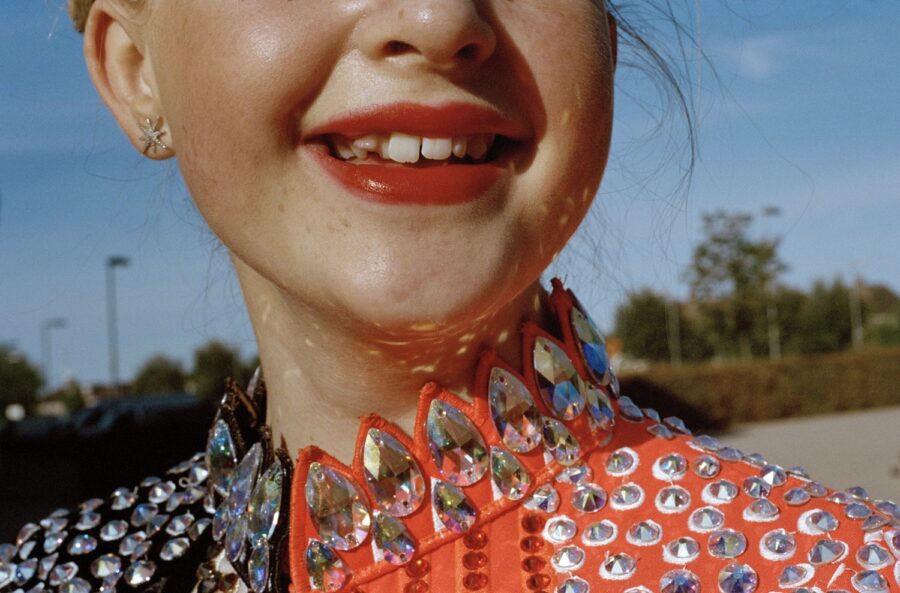

Tangerine Dreams is an honest look at the many lives across the British isles and the different communities who call it home – the same communities affected by the current hostile environment
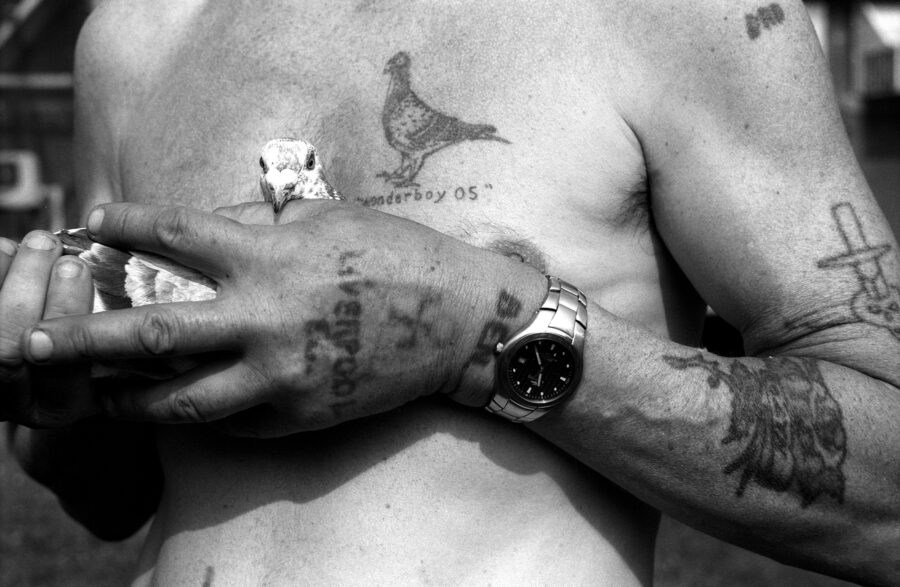
Zak Waters traces the quiet decline of this fiercely passionate subculture — from its soaring past to its precarious present — capturing a vanishing way of life

The Dutch-born Moluccan artist is interested in how class, rather than race, creates solidarity among immigrant communities through tender images of young men in Europe
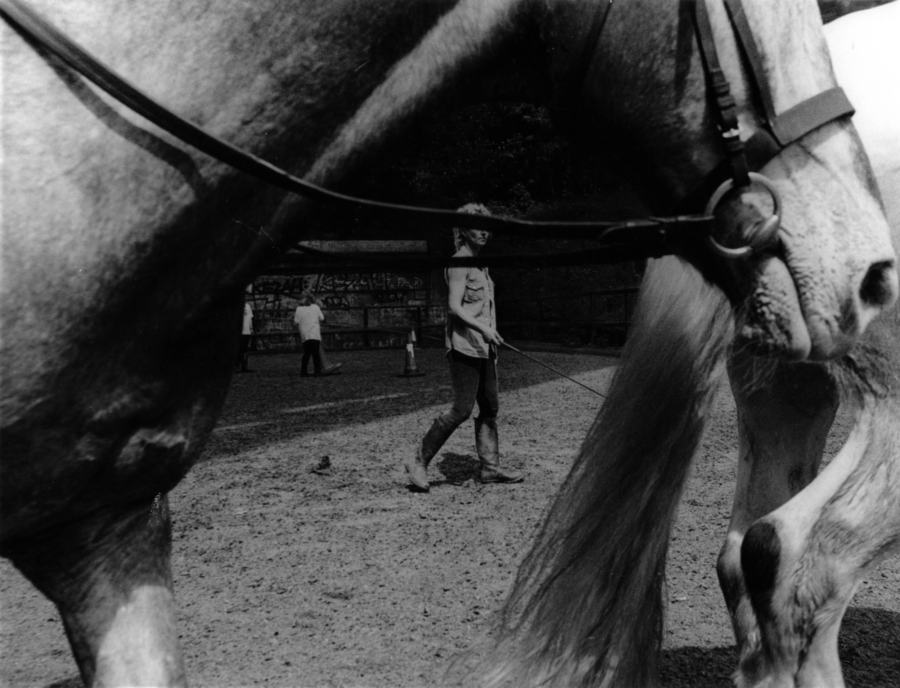
The filmmaker returned home to shoot Stepney Western by taking cue from the archives of Tish Murtha, Mik Critchlow and Chris Killip
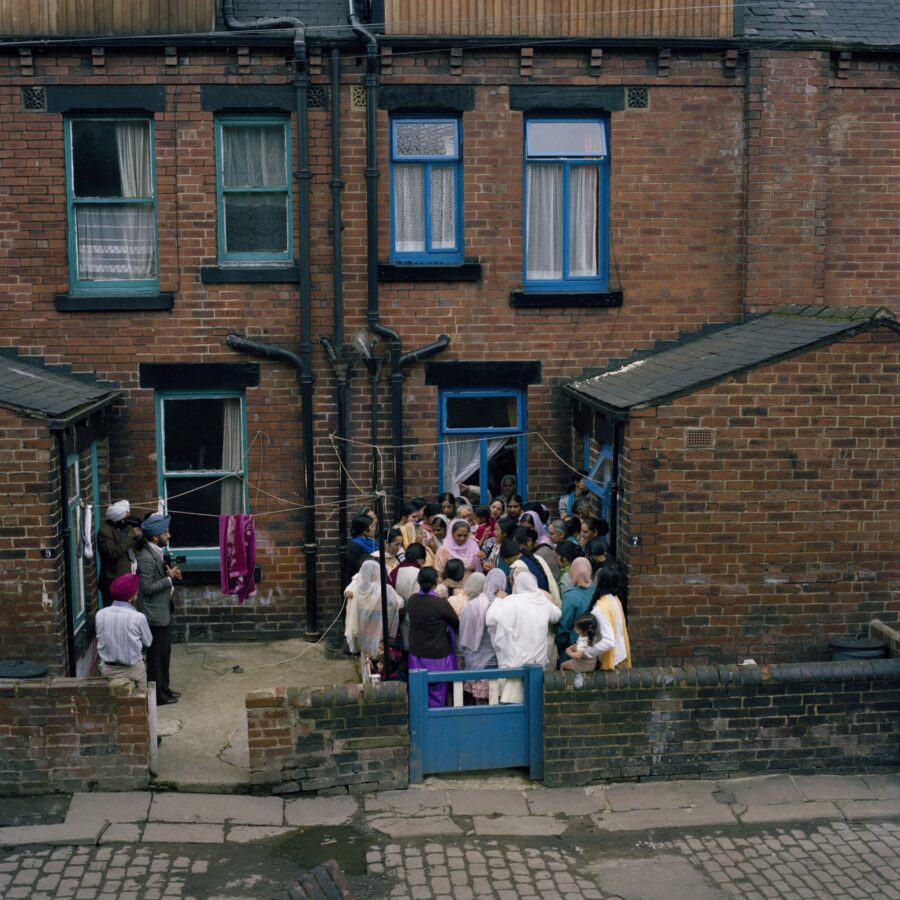
As Peter Mitchell’s retrospective opens at The Photographer’s Gallery in London, we look back at our coverage of the show’s opening in Leeds last year
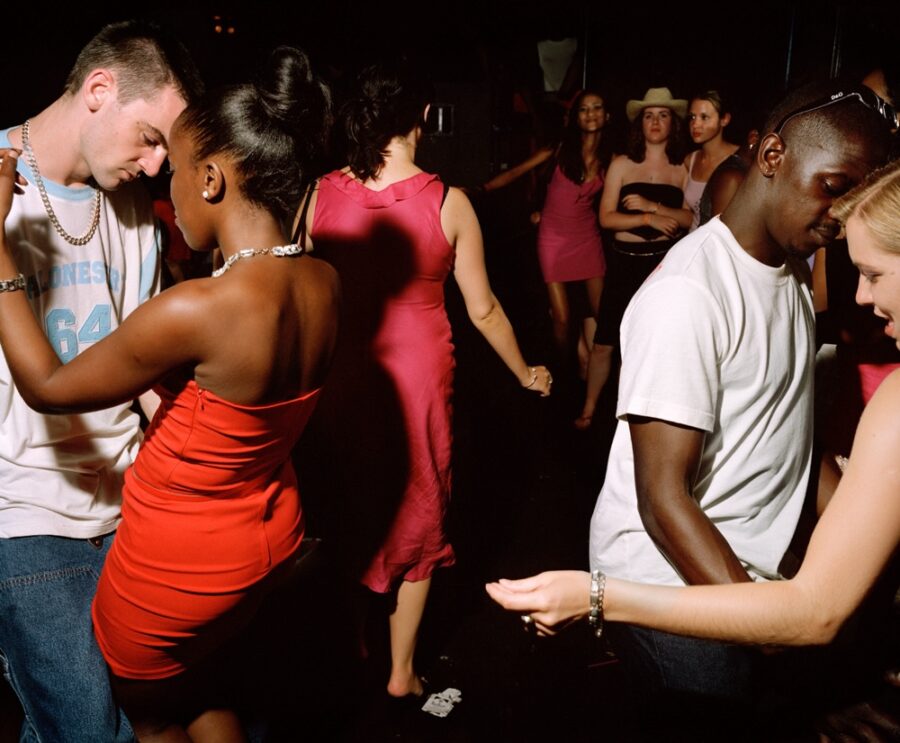
The Afropean author is back with a touring show, curating working-class photographers to present an alternative reading of class aesthetics
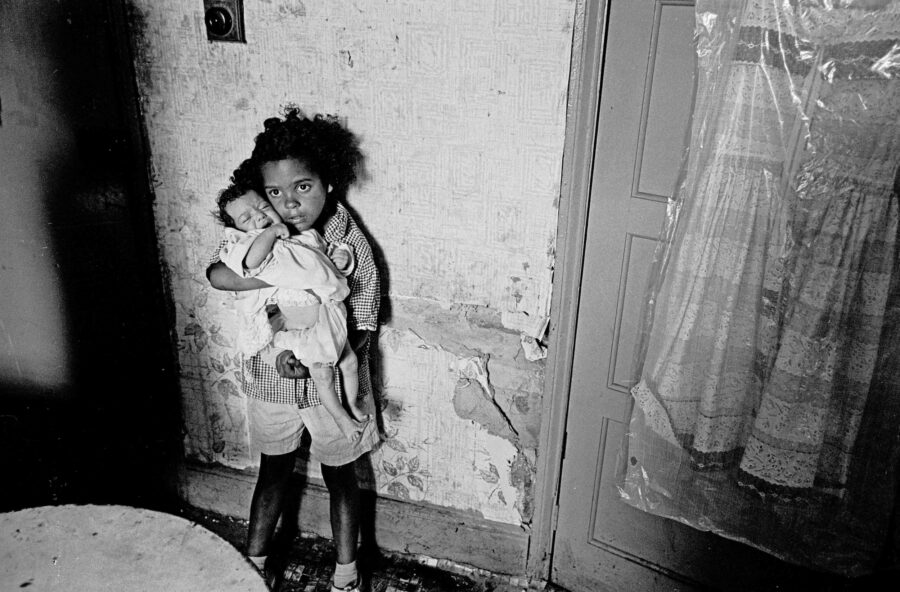
With his chronicle of the communities struck by government incompetence, the photographer tells BJP that “it’s important to look at history”
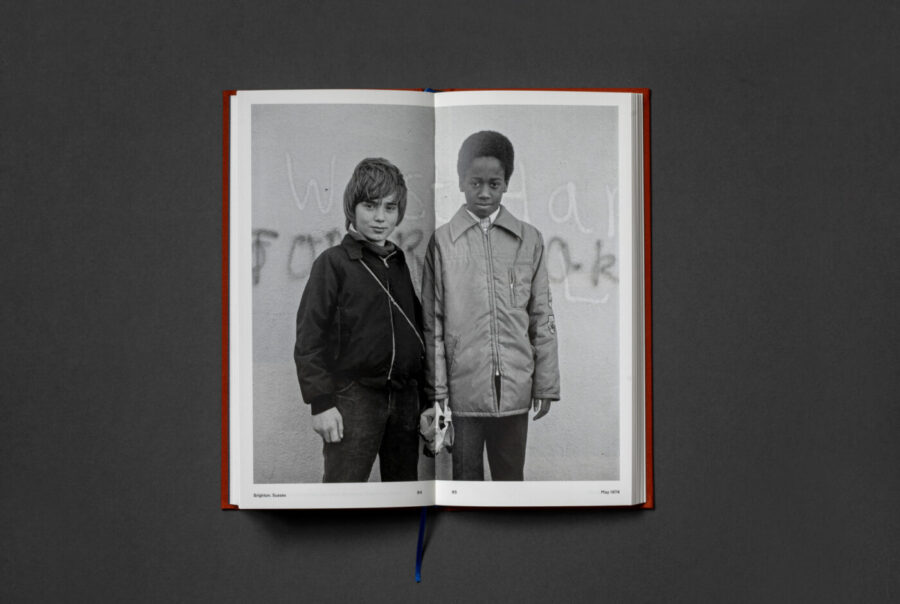
Following the publication of his new book with Bluecoat Press, the photographer looks back on the Omnibus project and its development into a publication
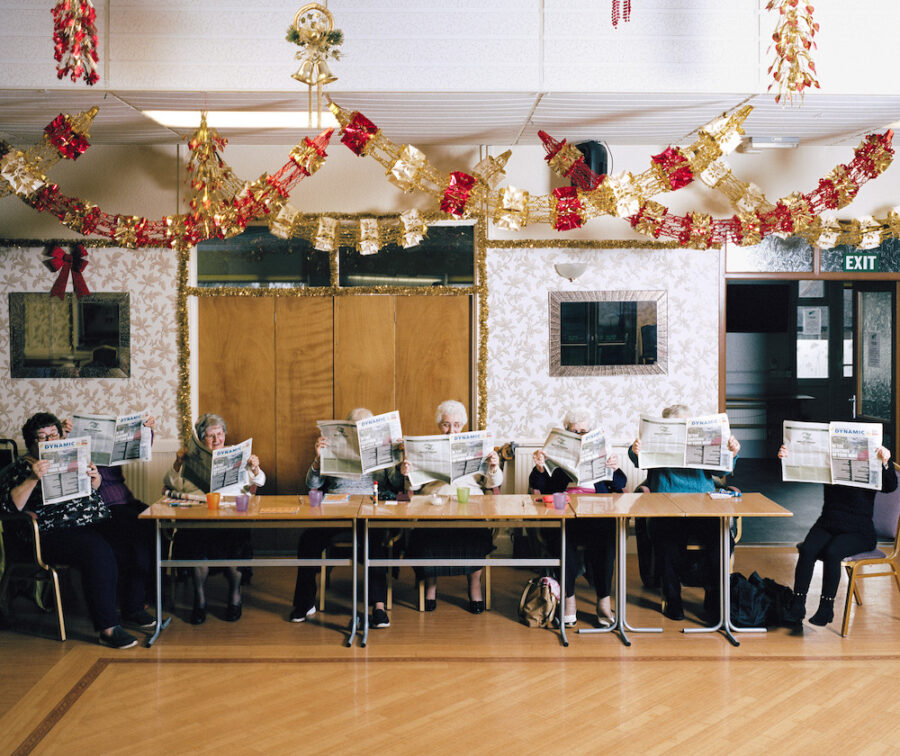
Sebastian Bruno’s images for The Abertillery and Ebbw Valleys Dynamic offer a multifaceted view of a working-class community in the throes of austerity